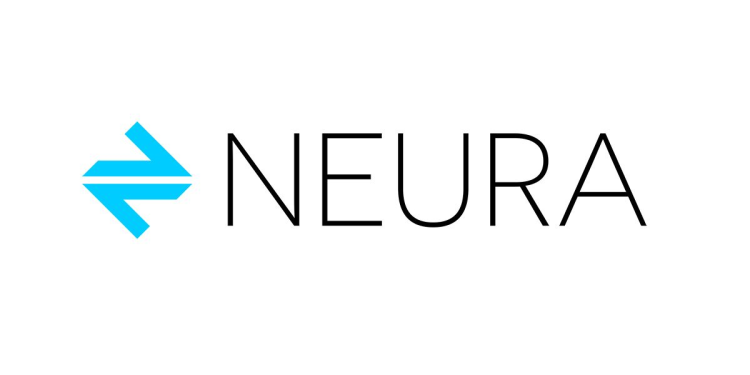Watch all the Transform 2020 sessions on-demand here.
Neura, a personalization platform for app developers, today announced the launch of Moments, which aims to synthesize a smartphone user’s situation within a specific context, place, and time.
“It delivers personalization that is based on the real world,” Neuro CEO Amit Hammer told VentureBeat in a phone interview. “It discovers the preferences and needs of people so it can serve them better.”
Here’s how it works: Neura taps a well of data from devices like smartwatches, door locks, body weight scales, appliances, home security systems, and more, partnering with internet of things (IoT) manufacturers like Philips. Its “hybrid” AI engine ingests the data and learns users’ sleep schedules and daily routines, which it uses to populate cloud-hosted profiles that Neura calls True Personas.
“Intelligent, relevant interactions that seamlessly blend into each user’s day-to-day life … increase user engagement and enable brands to form sustainable … relationships with their customers,” explained Ori Shaashua, Neura cofounder and vice president of product. “Neura’s understanding of the moment, or context, of a … user’s activities in the real world can be used to uncover which features of an app can increase engagement.”
June 5th: The AI Audit in NYC
Join us next week in NYC to engage with top executive leaders, delving into strategies for auditing AI models to ensure fairness, optimal performance, and ethical compliance across diverse organizations. Secure your attendance for this exclusive invite-only event.
In practice, apps that take advantage of Neura’s software development kit and API calls use Moments to nudge users toward certain actions. A suburban mom who regularly commutes in the morning might get an alert from a ridesharing app before she heads to work. And a frequent business traveler who likes to listen to the morning news might see a Siri shortcut to his favorite radio station.
Hammer gave another example. “Think of a father of two — he’s a busy person,” he said. “He’s just left home, and he’s the last to leave home, and he’s going to be late for work. Neura understands the context and recommends that he arm the security system.”
Moments will manifest themselves in different ways as the platform’s AI gains a better understanding of a user’s needs, habits, and preferences, Hammer said. For example, a diabetic person with a blood glucose meter will get reminders to use it during downtime at home, at a gym, or at the office.
Neura Moments has been in private beta for the better part of a year, and the early results are promising.
MyDays, a period and ovulation calendar app, conducted a test to gauge the impact of Moments on user interactions. Half of its 80,000 customers saw reminders at regular intervals, and the other half saw notifications informed by True Personas. The latter group was 10 times more likely to launch the app than the control group.
“It’s all about delivering the right message at the right time,” Hammer said.
Be that as it may, True Personas use a lot of highly personal data, which is why Neura takes pains to protect users’ privacy, Neura chief marketing officer Kris Bondi stressed. Digital Personas are anonymized, and app providers don’t see any of the data associated with them. Additionally, apps that subscribe to Neura’s API calls are required to disclose the integration to users, and Neura plans to allow users to disable certain data-collecting features via a dashboard.
“We’re spelling out privacy more and more,” Bondi said.


